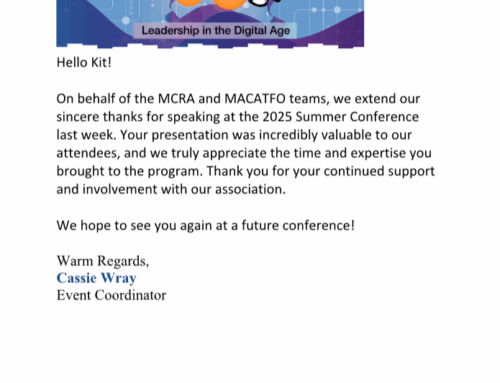Have you noticed at different times of the day you have energy and sometimes you struggle? Do you sometimes struggle to stay on task and to be productive or creative? Does your energy ebb and flow during the day and throughout the week?
Well, it may be time to recognize your biological time clock.
Consider this, are you generally a morning person, an afternoon person, or an evening person? Are you more productive at the beginning of the week, or the middle of the week, or at the end of the week?
I would suggest you start to track your energy cycle for the next two or three weeks, and discover your biological time clock, then schedule routine tasks when your energy is low, and your most important tasks when your energy is high.
For instance. If you are a morning person, plan your days by scheduling as many of your important meetings, phone calls, and problem-solving activities first thing in the morning.
If you are an afternoon person, plan your days by scheduling as many of your most important meetings, phone calls, and problem-solving activities just before or after lunch.
If you are an evening person, plan your days by scheduling as many of your most important meetings, phone calls, and problem-solving activities later in the afternoon or just before the end of the day. When you get home, keep a note pad or journal handy, even on your night stand next to the bed, so you can quickly jot down ideas as they come to mind, and tasks for tomorrow, and you won’t have to worry about remembering in the morning.
Take the time to track your energy throughout the day for the next couple of weeks, and see if you can recognize your biological time clock. The key is to schedule your most important tasks when you are at your best and schedule your routine tasks when you’re not.
If you or members of your organization are struggling with time management, contact me at kit@welchlin.com and I will provide a presentation packed with time management strategies that work.




